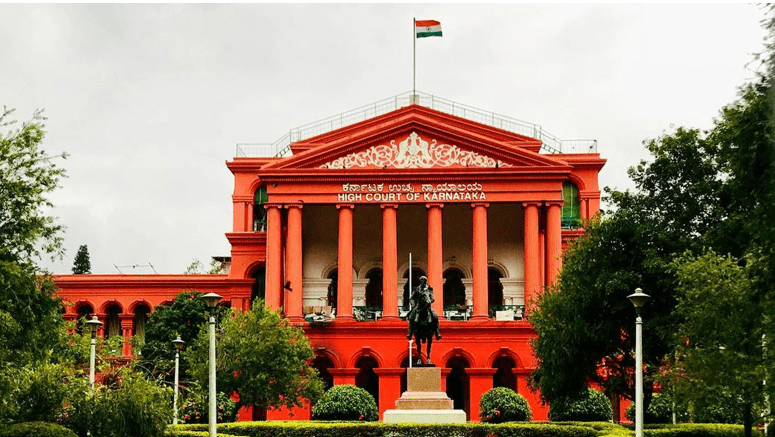
The Karnataka High Court has declared that the state government’s recent amendment to the Karnataka Registration of Births and Deaths Rules, which granted executive authorities the power to decide on delayed birth or death registrations, is ultra vires.
The Court ruled on a petition filed by a non-governmental organization challenging the validity of the amendment. The petitioners contended that the amendment was unconstitutional, as it violated the separation of powers between the executive and judiciary.
Under the previous rules, delayed birth or death registrations could only be decided by judicial magistrates. However, the amendment passed by the state government in 2021 granted executive authorities the power to decide on such cases. The petitioners argued that this amendment was contrary to the provisions of the Registration of Births and Deaths Act, which vests the power of registration and certification of births and deaths with the Registrar General and registrars appointed under the Act.
The High Court agreed with the petitioners and held that the amendment was unconstitutional. The Court observed that the power to decide on delayed birth or death registrations is a quasi-judicial function, which should be exercised by judicial magistrates. The Court held that the state government’s attempt to confer this power upon executive authorities was a usurpation of judicial power, which is impermissible under the Constitution.
The Court also observed that the amendment was contrary to the provisions of the Registration of Births and Deaths Act and the Karnataka Births, Deaths and Marriages Registration Rules. The Court held that any amendment to these provisions must be made by the legislature, and not by executive authorities.
The Court’s ruling is significant as it upholds the principle of separation of powers and reinforces the role of judicial magistrates in the registration and certification of births and deaths. The ruling also emphasizes the need for legislative oversight in matters relating to the registration of births and deaths.
The state government has not yet issued a response to the Court’s ruling. It remains to be seen whether the government will appeal the decision or take steps to bring the Registration of Births and Deaths Rules in line with the Court’s ruling.
SUBMITTED BY NEHA A. PARDESHI/4TH Year BLS LLB/TRCL





0 Comments